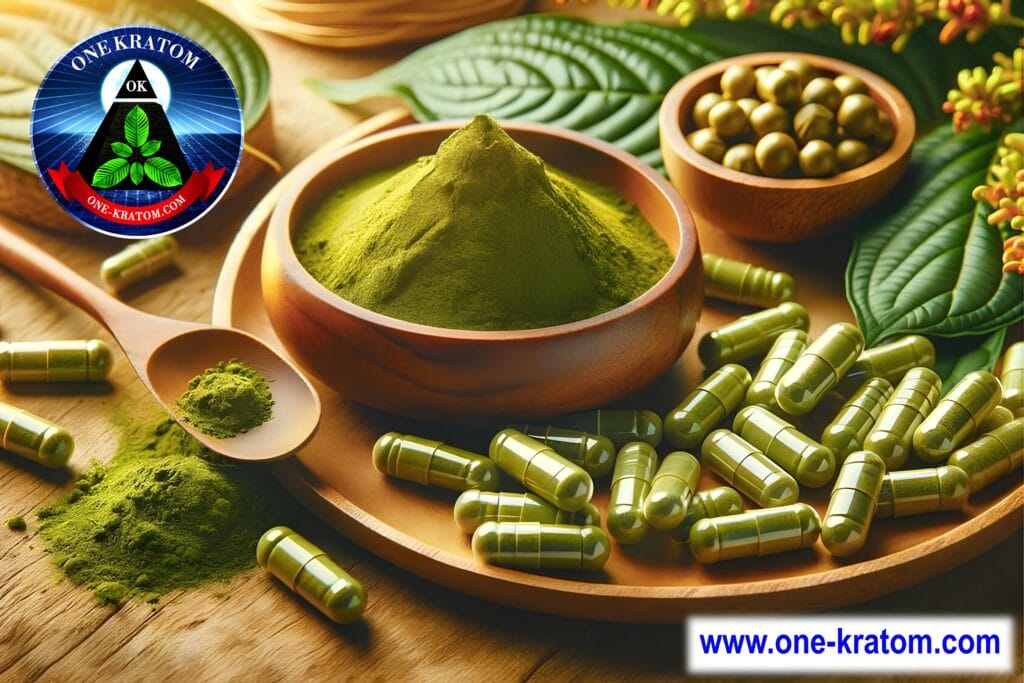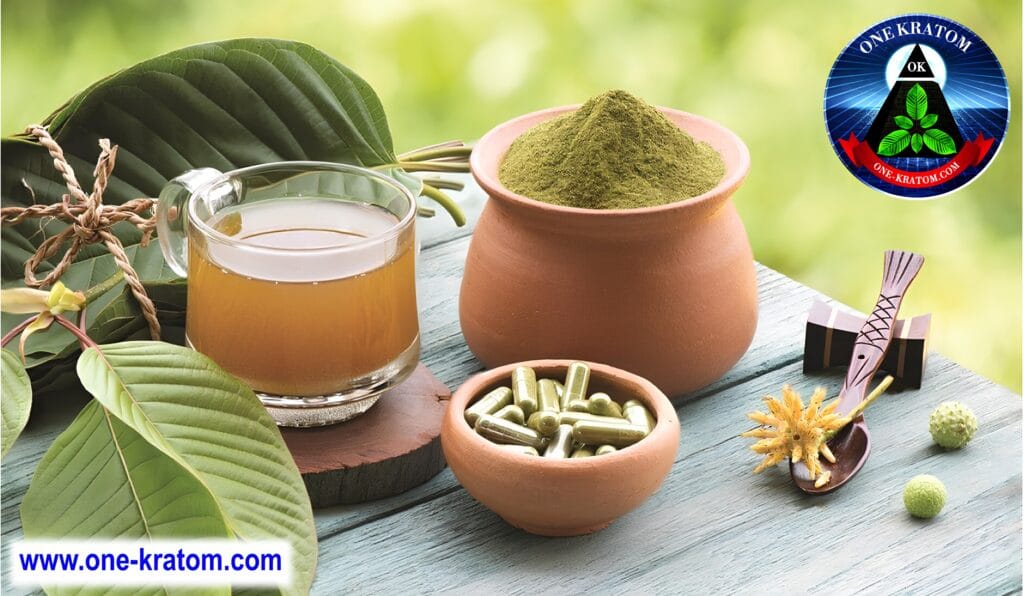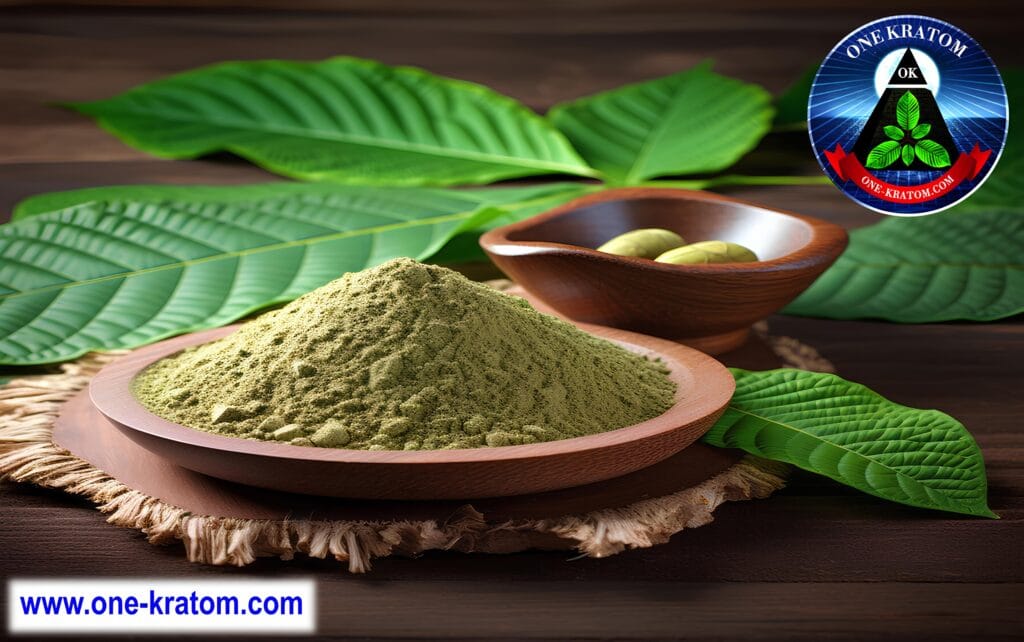
ONE-KRATOM.COM, The Indonesian government, led by the President, is set to implement stricter regulations on the trade and export of kratom. This initiative aims to improve the quality and value of kratom exports while protecting local farmers. According to the Minister of Trade, the new regulations will require all kratom exporters to register with the Ministry of Trade. This decision follows a high-level meeting held at the Presidential Palace on June 20, 2024.
Currently, kratom exports operate under a free-trade system, with minimal oversight. This lack of regulation has resulted in poor-quality products reaching international markets, which negatively impacts prices. “Kratom has been exported freely, but the quality is poor, and the price is low. Today’s meeting decided that we need to regulate kratom’s trade practices so that registered exporters can meet controlled quality standards,” the Minister stated.
The new regulations aim to standardize kratom exports, ensuring that only high-quality products reach global markets. This initiative will benefit kratom farmers by increasing the value of their crops. “Right now, farmers can export, but the quality and quantity are inconsistent. This leads to low prices and losses for farmers. By regulating exports, we aim to protect their interests,” The Minister explained.
Under the upcoming rules, kratom exporters will be required to register with the Ministry of Trade. This registry system will allow the government to monitor and control kratom exports more effectively. Only registered exporters will be permitted to trade internationally, ensuring compliance with new quality standards.
Additionally, the Presidential Chief of Staff highlighted three key issues addressed during the high-level meeting. The first issue focuses on kratom cultivation management. There is currently no standardized cultivation process, leading to inconsistent quality in exported kratom. Establishing cultivation guidelines will help ensure uniform quality and improve the reputation of Indonesian kratom in global markets.
The second issue discussed pertains to trade governance. Clear regulations are needed to establish fair and transparent trade practices. By setting clear rules, the government aims to prevent exploitation and ensure that all stakeholders—farmers, processors, and exporters—benefit from kratom’s economic potential. This framework will also address concerns about unregulated exports that harm Indonesia’s international reputation.
The third issue involves the classification of kratom. There is an ongoing debate between the National Narcotics Agency (BNN) and research findings from the National Research and Innovation Agency (BRIN). While BNN views kratom as potentially harmful, BRIN’s research indicates that more scientific evidence is needed before classifying it as a narcotic. This difference in perspective highlights the need for further research and a balanced policy approach.
The regulation also intends to enhance Indonesia’s reputation in the global kratom market. By controlling export standards, the government hopes to address issues faced by Indonesian kratom in foreign markets, such as shipment rejections due to quality concerns. This move is expected to open new opportunities for Indonesian kratom, making it more competitive globally.
The President involvement underscores the strategic importance of kratom as a potential economic asset. The government is committed to supporting kratom farmers by providing a more stable and profitable market. This initiative is part of a broader effort to maximize the value of Indonesia’s natural resources through improved regulatory frameworks and quality controls.
Overall, this regulatory overhaul signifies a major step forward for Indonesia’s kratom industry. By enforcing strict quality standards, requiring exporter registration, and addressing cultivation and trade governance, the government aims to protect farmers, enhance product value, and strengthen Indonesia’s presence in the global market. This initiative aligns with The President’s vision of optimizing Indonesia’s natural resources for long-term economic development.





